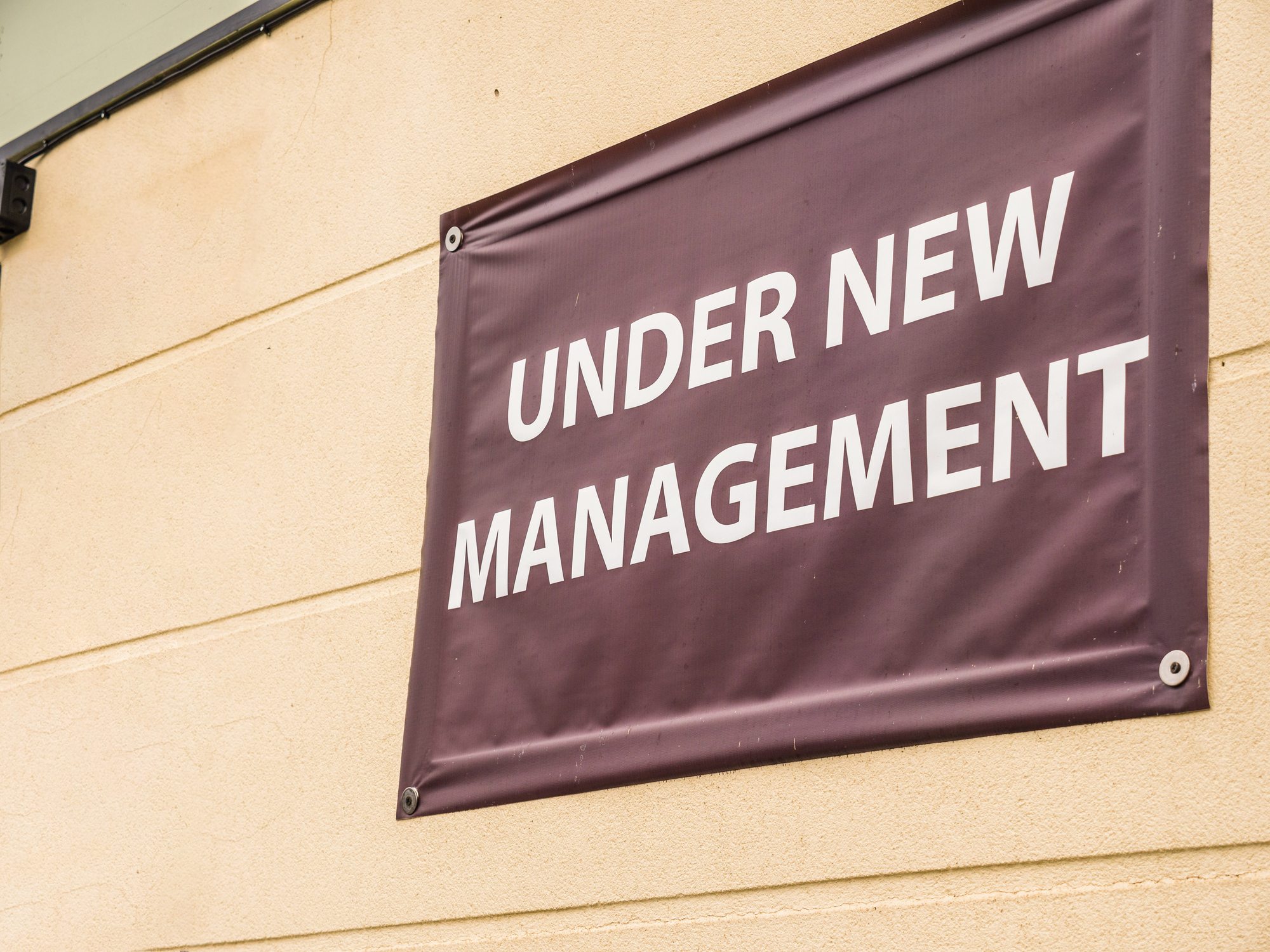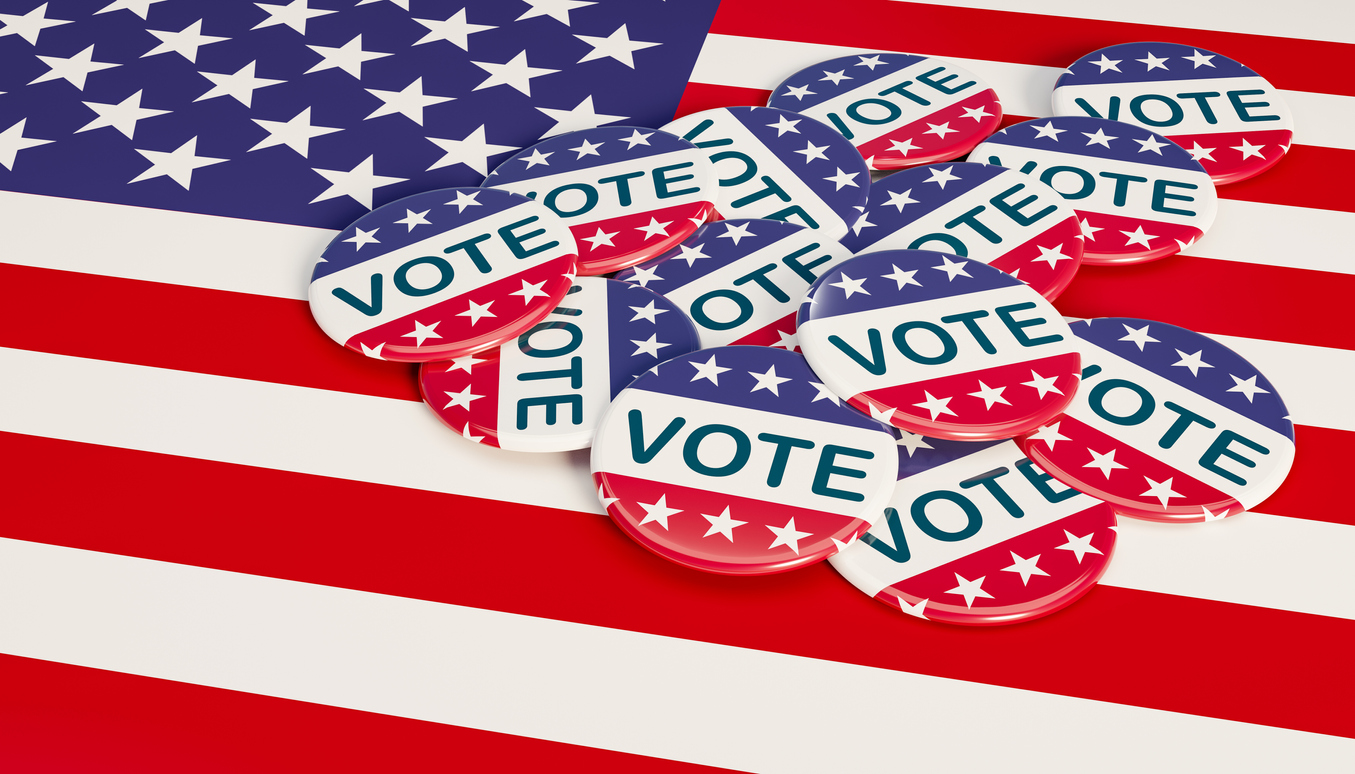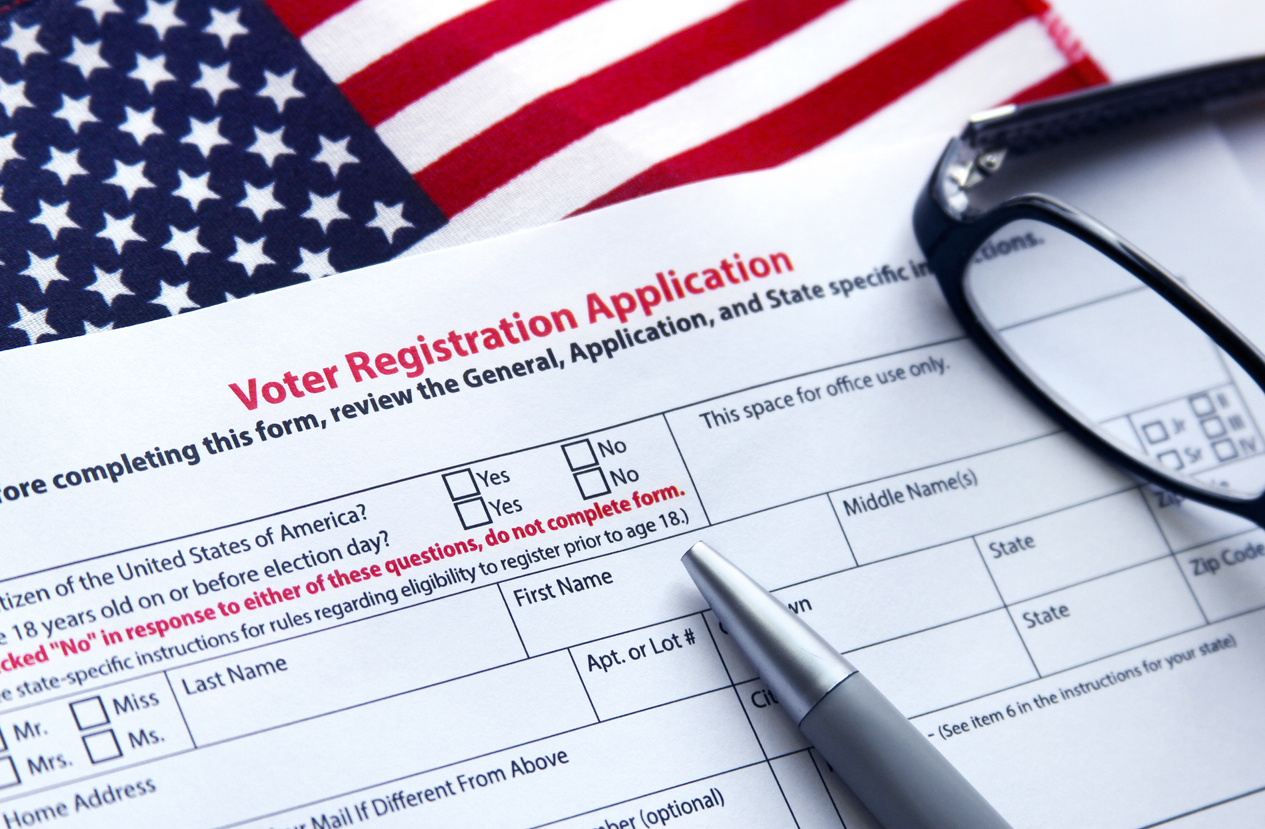In addition to the House and Senate elections across the country last night, there were 36 Governor’s Mansions on the line. With Republicans going in to Election Day with 33 Governors, there was ample opportunity for Democrats to make significant gains at the state level. After losing so much ground in the states during the Obama years, Democrats have picked up 7 seats as of this writing, but also appear to have missed some major opportunities.
Florida
With two marquee statewide races in Florida this year, it was widely speculated that we would see a split decision on Election Night. Incumbent Governor Rick Scott had thrown his hat in the ring against Senator Ben Nelson, and most polling showed that he had a better than even chance to flip that seat for the GOP.
As for the Gubernatorial contest in the Sunshine State, many of the polls in the final days showed a slight lead for Democratic nominee Andrew Gillum over Republican Ron DeSantis.
When the final votes were counted, DeSantis emerged victorious, and the Senate election appears headed for a recount.
Georgia
Another headline-grabbing race has been playing out over the last several weeks in Georgia between Democrat Stacey Abrams and Republican Brian Kemp. The lead-up to Election Day featured visits from celebrities and political leaders from both parties stumping for their preferred candidate in this hard-fought contest.
Accusations of voter suppression and irregularities on Election Day have caused Abrams’ refusal to concede as of this writing, despite Kemp’s current lead.
While the returns currently show Kemp hovering just above 50%, should he fall below that threshold, it will trigger a December run-off election and an entirely new campaign.
Kansas
After a narrow primary election victory, Kansas Secretary of State Kris Kobach was nominated to run as the Republican candidate seeking to replace the deeply unpopular Governor Sam Brownback. Brownback was named a United States Ambassador in February 2018, with his Lt. Governor assuming the office through the end of his remaining term.
Democratic nominee Laura Kelly’s campaign, from day one, focused heavily on tying Kobach to Brownback, particularly what many considered to be Brownback’s irresponsible fiscal mismanagement of the state.
Despite Kansas’ Republican tendencies, the self-styled centrist Kelly was declared last night’s winner.
Ohio
If the Democrats were going to make up ground in state-level elections this year, the Ohio gubernatorial contest represented a major opportunity.
With incumbent Governor John Kasich term-limited out of office, Democrats believed that they had the right candidate in Richard Cordray, a former Ohio Attorney General, Ohio Solicitor General, Ohio Treasurer, and Director of the Consumer Financial Protection Bureau under President Obama.
For their part, Republicans nominated Mike DeWine, the current Ohio Attorney General, who had also served as US Senator, Congressman, and Lieutenant Governor.
Polling showed that this would be a tight race, with Cordray holding a slight lead in the average of polls leading up to Election Day. Despite the polls, DeWine walked away with the victory, earning just over 51% of the vote to Cordray’s 46%.
Wisconsin
If Democratic Party officials could have picked just one gubernatorial contest to win on Election Day, it is safe to say that ousting Republican Governor Scott Walker would have been near the top of their list.
Seeming to always be on the ballot in Wisconsin, Walker worked to overcome his uneven approval ratings, citing the state’s strong economic numbers and his support for tax breaks for Wisconsin working families.
Evers centered his campaign on what he deemed to be the failure of the public education system under Walker. As Superindentent of Public Instruction, Evers was responsible for the oversight of Wisconsin’s public schools, which he claims were underfunded by the Walker Administration.
Polling data consistently showed a tight race for Walker, and after several failed attempts, Democrats were able to deny him another term in office.
Full Recap
Republican holds:
- Vermont
- New Hampshire
- Massachusetts
- Maryland
- Ohio
- South Carolina
- Florida
- Tennessee
- Alabama
- Iowa
- Arkansas
- South Dakota
- Nebraska
- Oklahoma
- Texas
- Wyoming
- Idaho
- Arizona
Democrat holds:
- New York
- Connecticut
- Rhode Island
- Pennsylvania
- Minnesota
- Colorado
- California
- Oregon
Democrat gains
- Maine
- Michigan
- Wisconsin
- Illinois
- Kansas
- New Mexico
- Nevada
Latest News
Photo credit: iStock.com/yevtony Last week, the National Governors Association (NGA) elected Utah Governor Spencer Cox (R) as its new Chair and Colorado Governor Jared Polis (D) as NGA Vice Chair. Cox succeeds New Jersey Governor [...]
Photo credit: iStock.com/Torsten Asmus Texas voters have already submitted their ballots for the 2022 primary election. More states have their primary elections on the horizon. With the 2022 primary election season nearly upon us, many [...]
Photo credit: iStock.com/triocean DMGS has previously reviewed state government public health measures, as they have imposed and rescinded masking requirements. Now, over two years into the pandemic and after various COVID-related emergency declarations being implemented, [...]
Photo credit: iStock.com/outline205. Automatic voter registration allows eligible individuals to become automatically registered to vote when they interact with certain agencies in the government, such as a state agency overseeing motor vehicles. While most people [...]






Stay In Touch